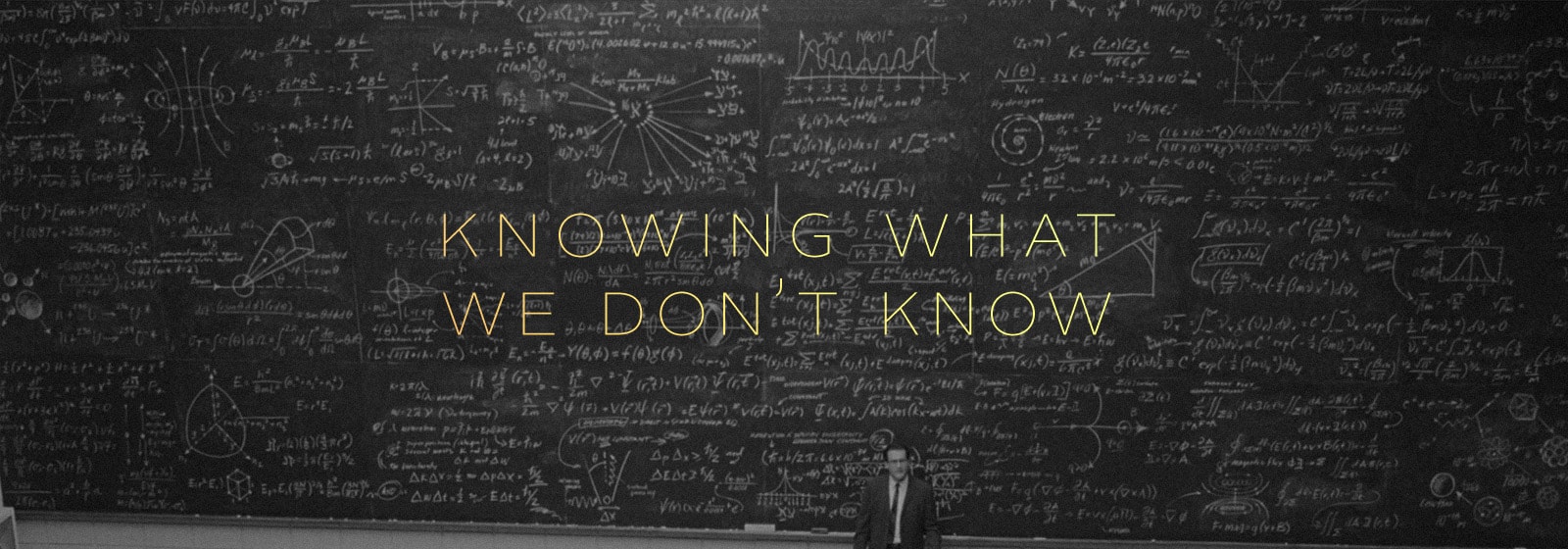A major scientific discovery was rippling through the news a few weeks ago: The chaotic inflation theory. Sounds important, right? Well, it is! It’s a key discovery which deepens our understanding of the origins of the universe. It affirms theories related to the Big Bang, quantum physics and the continued expansion of the universe. It’s now being reviewed by other scientists, but at this point, it’s pretty much a bonafide fact. Andrei Linde, the Stanford professor who founded this theory, spent thirty years working to prove it.
This beautiful, absolutely beautiful video, which has been circulating, captures him hearing the news for the first time. “Thank you so much” barely passes through his overwhelmed lips.
Clem Pryke of the University of Minnesota, the co-leader of the research project, said, “This has been like looking for a needle in a haystack, but instead we found a crowbar.” Yet when Andrei Linde finds out, his response is dramatically different. He says, “If this is true, this is a moment of understanding of nature of such magnitude that it just overwhelms.”
He says, “If this is true.” Think about that.
Scientists are saying this is almost certainly true and fantastically revolutionary, but Linde insists on saying “If it is.” He exhibits true epistemological humility. Epistem-what? Epistemology is the realm of knowledge. Epistemological humility, then, is a fancy way of saying, “knowing that we don’t know and the uncertainty of what we do know.”
Holding onto our intellect lightly
Epistemological humility is one of the most exemplary qualities of the scientific community, but it is also a deeply Christian trait, albeit it one that Christians aren’t always attracted towards. But we should be! John Calvin, the great Reformer and theologian, despite the many, many things he had to say about the Christian faith, wrote, “There is no worse screen to block out the Spirit than confidence in our own intelligence.”
Now Calvin isn’t hating on being smart. After all, he was quite brilliant. His concern is how a misplaced confidence in our intellectual prowess can mislead us. If we are more certain about things than we should be, we may actually be denying things as they actually are. We may be completely wrong about something and not know it because we trust our intellect too much.
Now, I’m not suggesting that we descend into a relativistic state of being where we don’t know what’s up or what’s down. Epistemological humility is not the basis of relativism, or an I Heart Huckabees worldview. Not at all. It doesn’t mean we don’t know anything. It simply means we actively accept that we don’t know everything. It means we also hold much of what we do know loosely.
What does epistemological humility look like for Christians?
It looks like faith
First of all, epistemological humility is the basis of our faith in God. As the author of Hebrews says “faith is the assurance of things hoped for, the conviction of things not seen” (Hebrews 11:1). Our knowledge, in the realm of faith, is derived from “things not seen.” We need to humbly admit that what we know about God isn’t developed from the same type of reasoning that science uses to discover something like the chaotic inflation theory. No, our knowledge of God is received on the basis of faith that God reveals himself to us.
Now, there’s nothing wrong with this because we aren’t throwing reason out the window either. Our faith in the bodily resurrection of Jesus, for example, is not something we know from observing direct empirical evidence, but we are not without evidence either. We accept it based on a historical testimony that we find trustworthy and through experience that affirms our belief.
It’s humility in approaching Scripture
Second, we need to embrace epistemological humility when it comes to interpreting Scripture. One of my seminary professors used to say, “There is no epistemological Switzerland.” His point is that when it comes to interpreting Scripture, we bring with us deeply embedded values and presuppositions that we cannot escape. In addition to this, we also need to more readily recognize that people who disagree with us on the nuances of theology are also coming to Scripture with the same deeply held conviction that Scripture is inspired and authoritative.
Don’t get me wrong, there are aspects of our faith that are undeniably clear in Scripture. As the Anglican articles say, “Holy Scripture contains all things necessary for salvation. Consequently whatever is not read in Scripture nor can be proved from Scripture cannot be demanded from any person to believe it as an article of the faith.” At times, we need to be ready to admit that we may have gotten some of the finer details of Scripture wrong. Epistemological humility makes us more ready to dialogue rather than debate, to listen rather than be heard, and to love rather than be right.
When we approach our faith in God and Scripture with this sort of humility, we are ultimately accepting our finitude as dust from the earth, and God’s magnitude as the incomprehensible, yet lovingly self-disclosing God of all knowledge.




